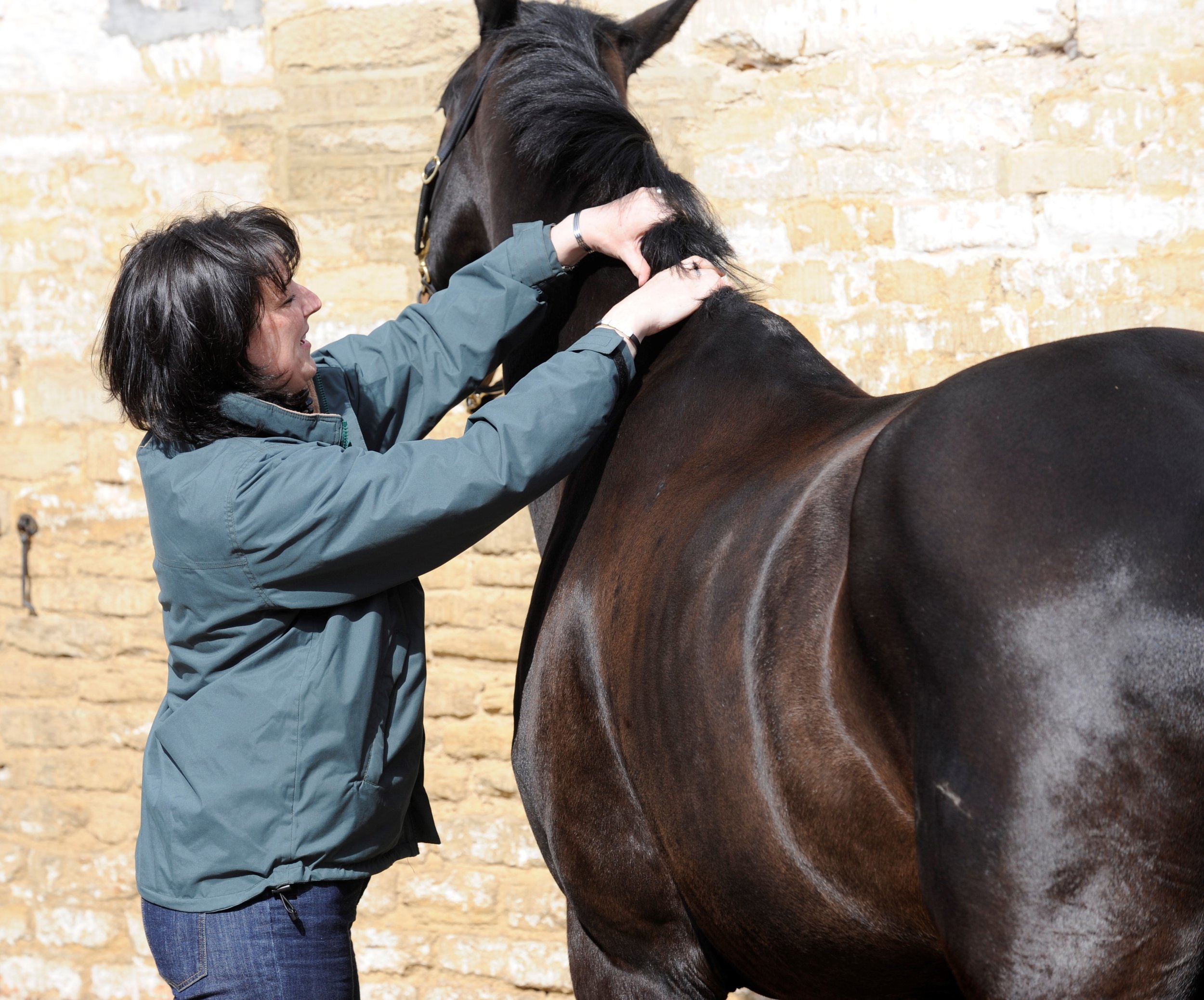Clare MacLeod: The Blog

Why feeding the individual horse is best
When we have had a particular type of horse for some time, who has needed a particular type of management and/or diet, it can be easy to get stuck in that way and try to apply this to every horse. But, this is not good feeding. Good nutrition and feeding means approaching every horse and pony (or donkey, or mule) as an individual.
We can have better success with our horse’s health, wellbeing and performance if we feed and manage them as an individual and not just in the way we’ve always done with others.

Condition Scoring Horses (for fat)
Monitoring a horse’s body fat covering with condition scoring – also called fat scoring - will determine if the horse is receiving the correct amount of energy (calories). If a methodical system is used to assess body fat every two to four weeks, changes can be seen that may easily be missed in daily checks, and this information can then be used to alter the diet, keeping the horse or pony in a healthy condition. Your horse or pony’s fat score tells you if they need their dietary energy (calories) maintained, increased (for weight gain) or decreased (for weight loss). If you need help with how to adjust your horse or pony’s diet for an adjustment in body fat, you can look up how to work with me by visiting my website homepage at www.equinenutritionist.com

Long grass versus short grass – which is better?
Long grass versus short grass - which is better for my horse or pony?

Haylage for horses
Haylage can be a useful hygienic forage for horses, especially those with moderate to high energy requirements. It must be made, stored and fed with care, however, because it can be harmful if it goes off or is not made correctly.

Balancing a horse’s diet
A comprehensive, scientific, deep knowledge of equine nutrition is not required to feed a horse well, with a correctly balanced diet. There are some simple steps to follow – even if you’re not a nutrition expert - which take the worry out of feeding your horse correctly.

Forage alone can make your horse too fat…
Forage alone can make your horse fat, and not just ryegrass - even meadow hay and mature grass can oversupply calories and cause obesity

Compound feeds are safe!
Compound horse feeds are safe and do not contain undesirable ingredients.

Nutrition and normal behaviour
Feeding horses well involves more than just supplying all the necessary nutrients. Given the choice, horses spend about 70% of their time looking for food and eating; therefore food and eating plays a significant role in the day-to-day behaviour patterns of every horse.


What is nutrition all about anyway?
Basic nutrition is one of the foundations of optimal health, which means health that is as good as it can be.

What is a registered Nutritionist?
Only a handful of Equine Nutritionists in the UK are registered with the AfN, who recognise the highest standards in nutrition.
